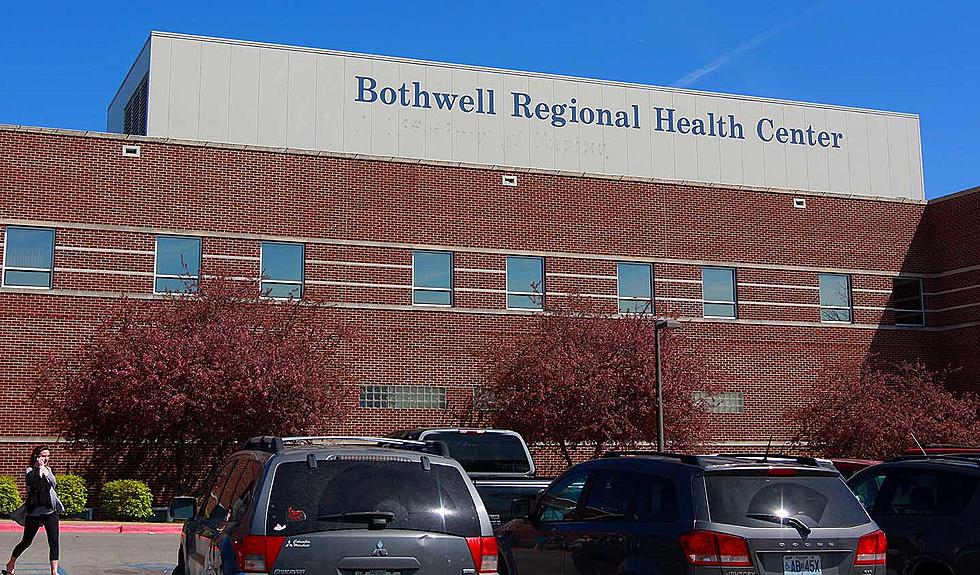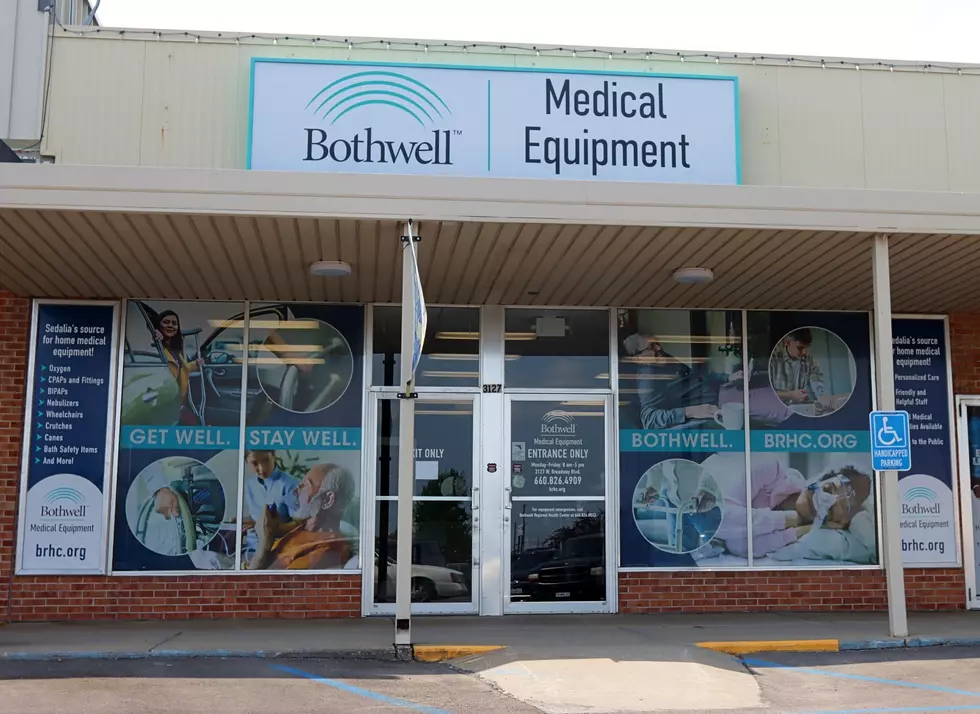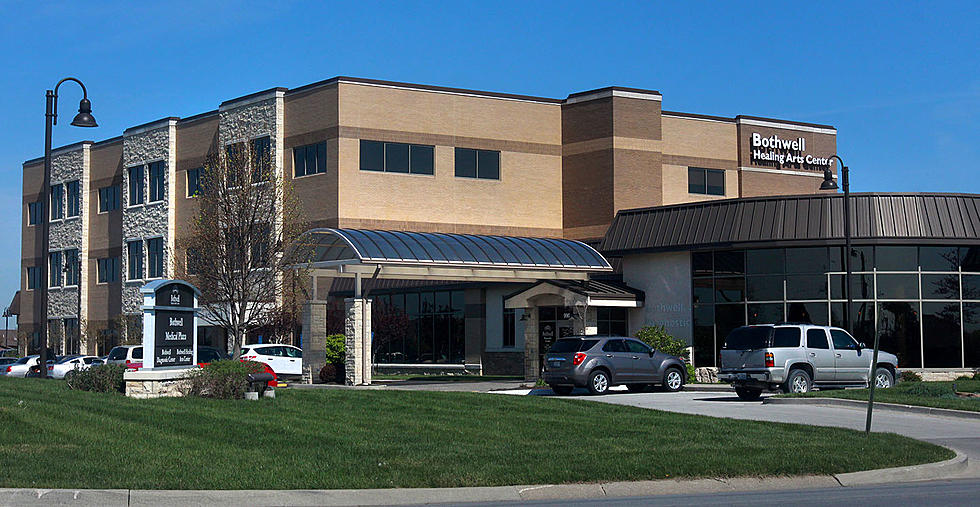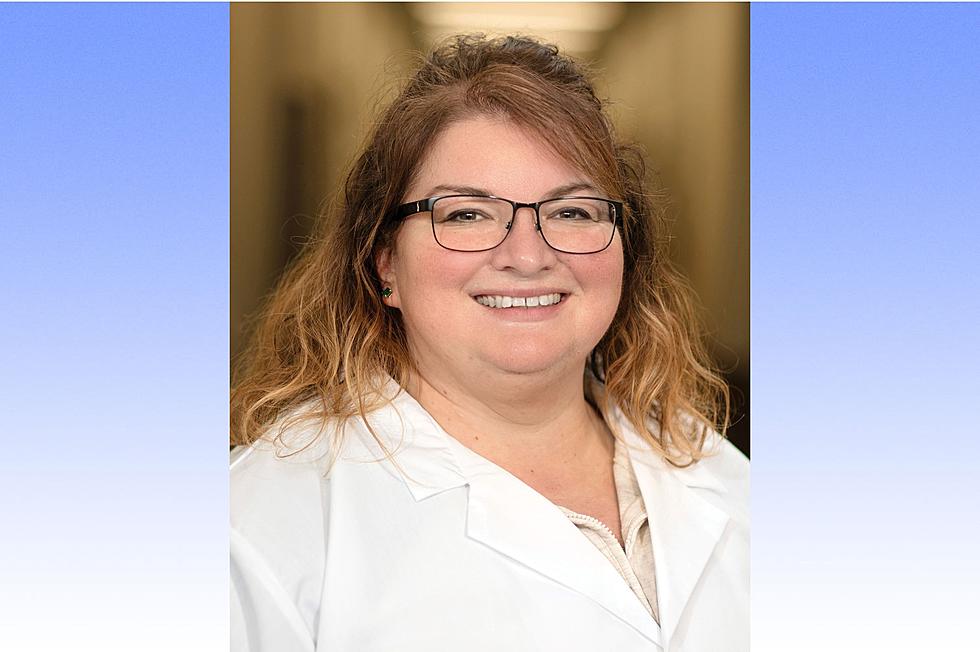
Bothwell To Offer Free Heart Score Screenings
February is American Heart Month, and Bothwell Regional Health Center and Bothwell Foundation have again partnered to provide free cardiac calcium or heart score screenings Feb. 6, 13 and 20.
A cardiac calcium screening is a special type of noninvasive computed tomography (CT) scan that shows if calcium deposits are present and how many. Calcium deposits in the form of plaque build up in the arteries and restrict blood flow to the heart, putting people at risk for heart attacks and coronary artery disease.
Marc Dougherty, Bothwell Medical Imaging director, said the scan detects calciumcardiac deposits in, on or near heart vessels. The screening result is a “score” that reflects the total area of calcium deposits, and a higher score means a higher risk of heart disease.
“A zero score means there’s a low chance of developing a heart attack in the future,” he said. “A score of 100 to 400 means a relatively high risk of heart attack or other heart disease over the next three to five years, and a 400 and higher score is a sign of very high to severe disease and heart attack risk."
According to the American College of Cardiology and the American Heart Association guidelines, a cardiac calcium scan is not recommended for people with low or high risk of heart disease. Low risk means no family history of early heart attacks, and high risk means heavy smokers and people with diabetes, high cholesterol, or an existing heart disease diagnosis.
“The guidelines recommend that men over the age of 40 and women over the age of 50 with a moderate risk of heart disease may benefit from a heart scan,” Dougherty said. “Moderate risk could mean being a past or present smoker, being overweight or leading an inactive lifestyle. Or people in those age groups who just don't know their risk factors."
Dougherty noted that a cardiac calcium screening does expose the patient to radiation; however, “the scan uses sequential exposures and focuses on only the heart so the dose the patient actually receives is substantially less than a diagnostic chest CT scan.”
People who get the screening will be given a report with their score before they leave the appointment.
“Anyone with a score of more than 100 should follow up with their primary care provider,” Dougherty said. “If someone doesn’t have a provider, staff will help make an appointment for them. Scan results can help develop a plan that may include medication or lifestyle changes, such as quitting smoking, eating better and exercising more."
Lauren Thiel-Payne, Bothwell Foundation executive director, said the foundation is excited to offer the heart score screenings for the second year in a row and help raise awareness about heart disease during American Heart Month.
“The free screenings were well received last year,” she said. “We’re pleased to offer them again at no cost for people who may not otherwise be able to have them done,” she said.
The screenings will take place from 8 a.m. to 1 p.m. Feb. 6 and from 8 a.m. to noon Feb. 13 and 20 at Bothwell Regional Health Center at 601 E. 14th Street in Sedalia. A limited number of appointments are available, and appointments must be made in advance by calling Bothwell centralized scheduling at (660) 829-8888 and mentioning “free heart screen.”
More From AM 1050 KSIS









